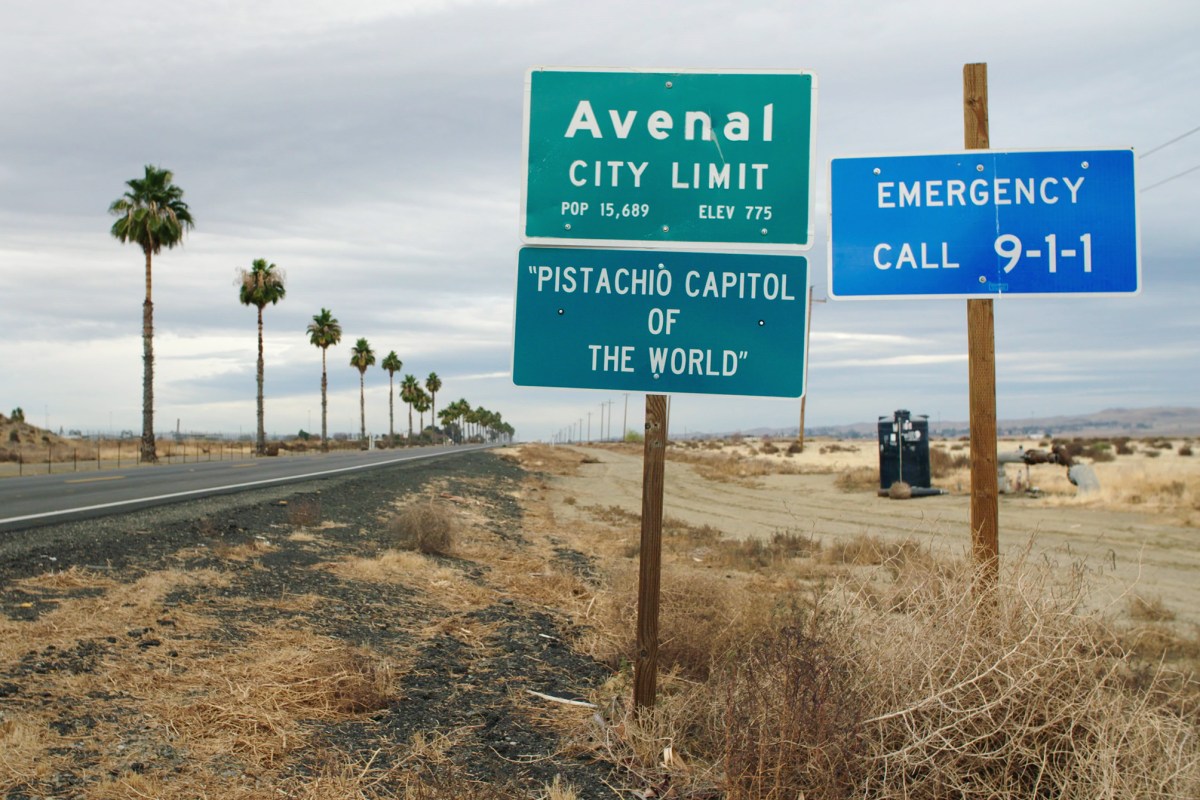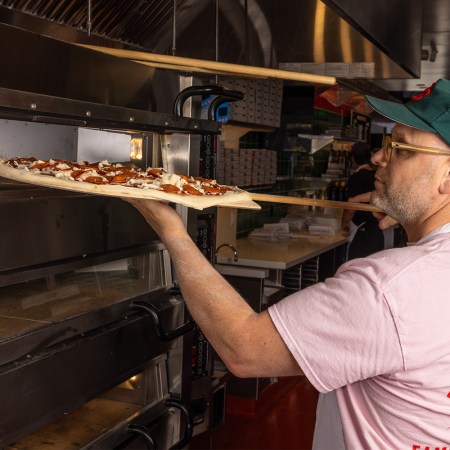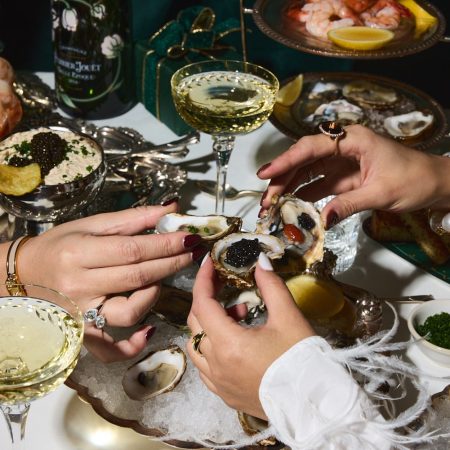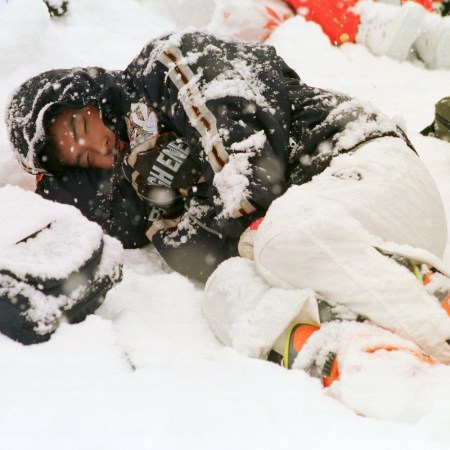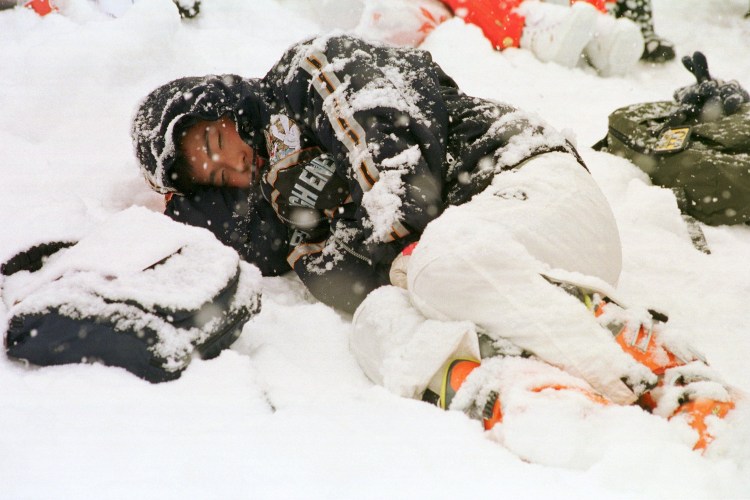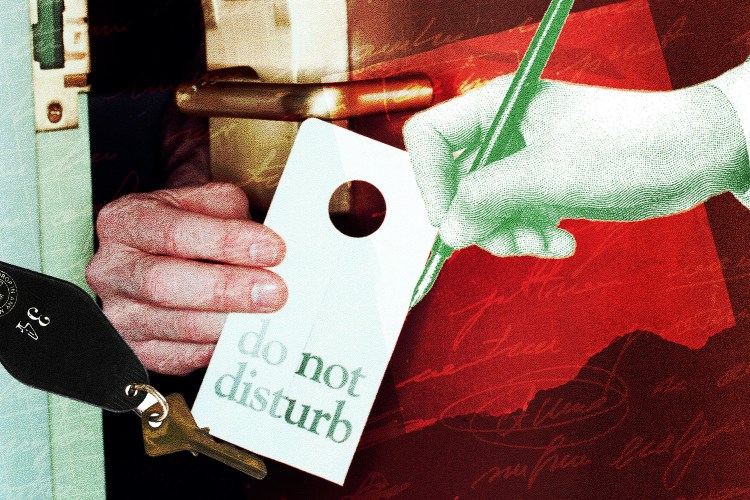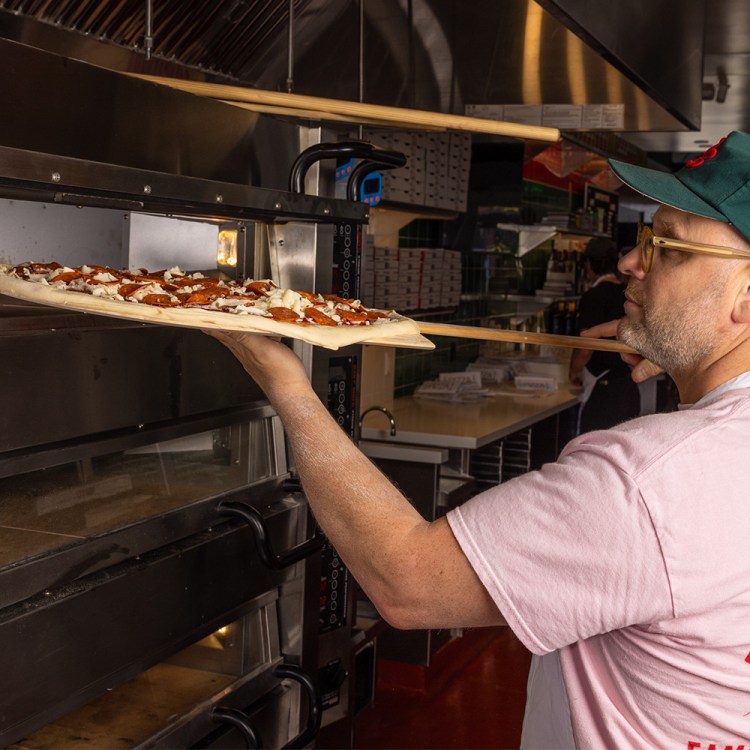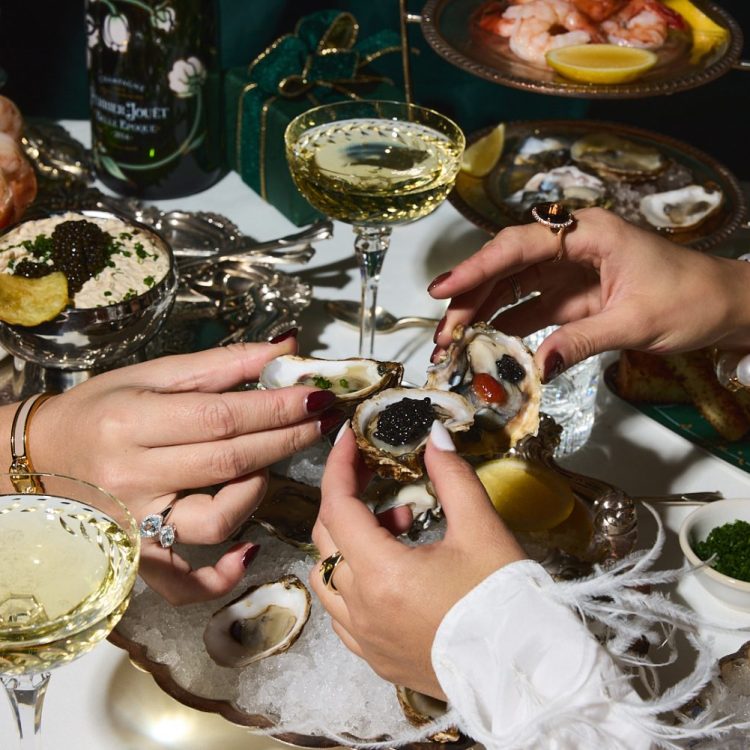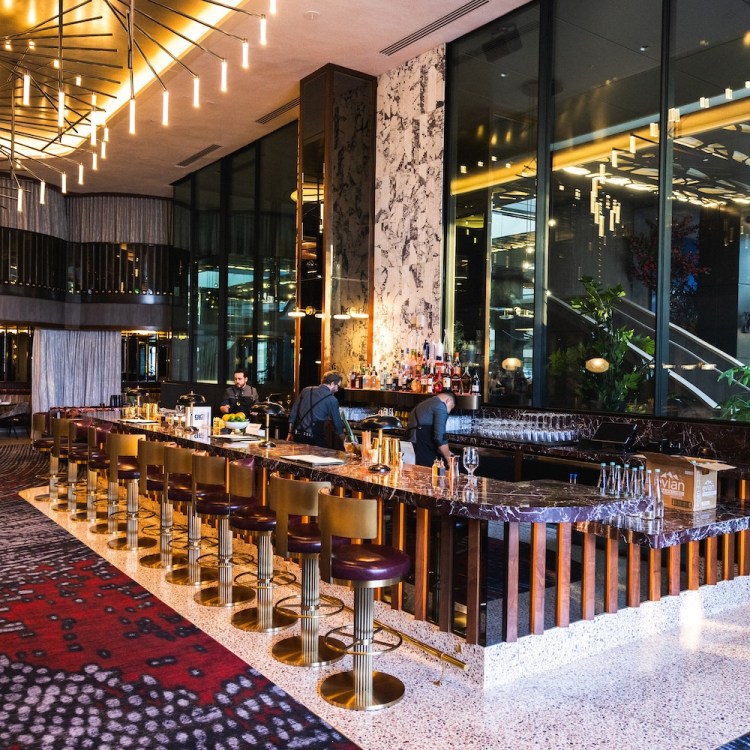A shocking indictment of Big Ag water grabs (and the human and environmental misery they cause), River’s End: California’s Latest Water War is the Fahrenheit 911 of present-day California: a documentary that predicts our own absurd future, while offering one WTF moment after the other.
Director Jacob Morrison began shooting the film six years ago, when he was but an undergraduate at the University of Southern California — and while the state was reckoning uncomfortably with its longest drought on record. (From an array of terrible statistics, we’ll select one from the Department of Agriculture: more than 100 million California trees died between 2010 and 2016; “in 2016 alone, 62 million trees have died, representing more than a 100 percent increase in dead trees across the state from 2015.”)
Five years later, and the world has shifted around the film in remarkable ways. Climate change, for once, is not the key villain here: If you’ve seen Chinatown, you can correctly guess that human-engineered water management is the primary culprit. But these are just different fronts of the same war — the one currently being waged between the planet and its most consumption-minded residents — and the film debuts at a time when many Americans are ready to have serious conversations about corporate appetites. Would you trade a gallon of your water for a single almond, likely to be exported for sale in China or the Middle East? Should farmers in pursuit of that market be allowed to create tremendous disruption in our environment — and in particular, in the huge delta feeding the San Francisco Bay — for profit?
River’s End debuts on Apple TV on Tuesday. Here, we talk with Morrison for more insight into this crucial battle.
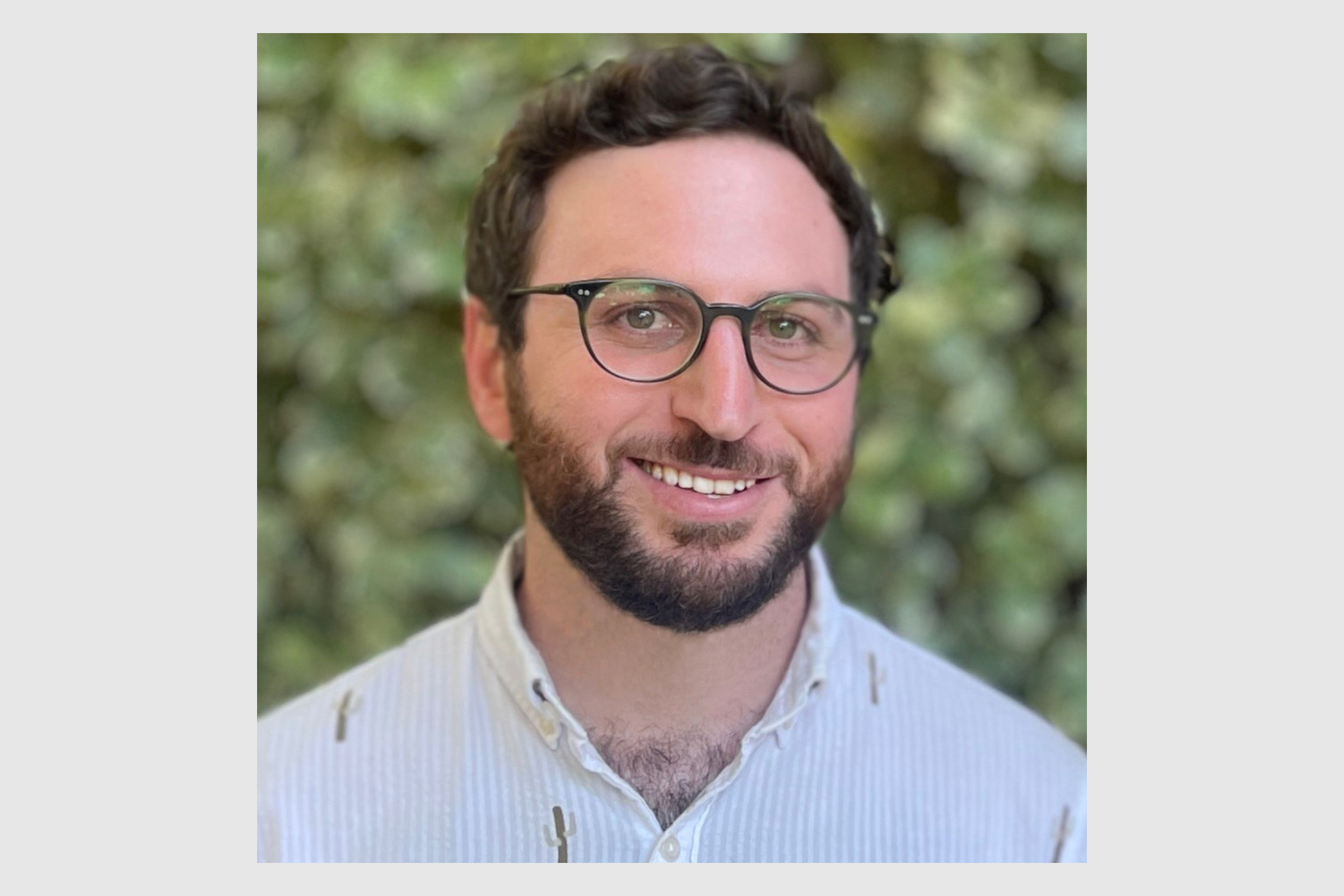
InsideHook: In the six years you’ve been working on the film, the world’s turned upside down — it seems like the world has shifted to accommodate the film in a really intense way.
Jacob Morrison: Yeah, that’s very interesting. This film started during the height of the last drought — right around when Jerry Brown declared a state of emergency and mandated water restrictions. And now in California, just a couple days we had Governor Newsom declaring a drought emergency. It’s odd that that feels like normal for California — drought interrupted by periods of more intense rainfall.
I know there was a time when we were working on this movie, and the [2016] drought was over, and I was worried — these issues really have more to do with water and waste management than they do have to do with the climate, but people care more about these issues when it’s not raining.
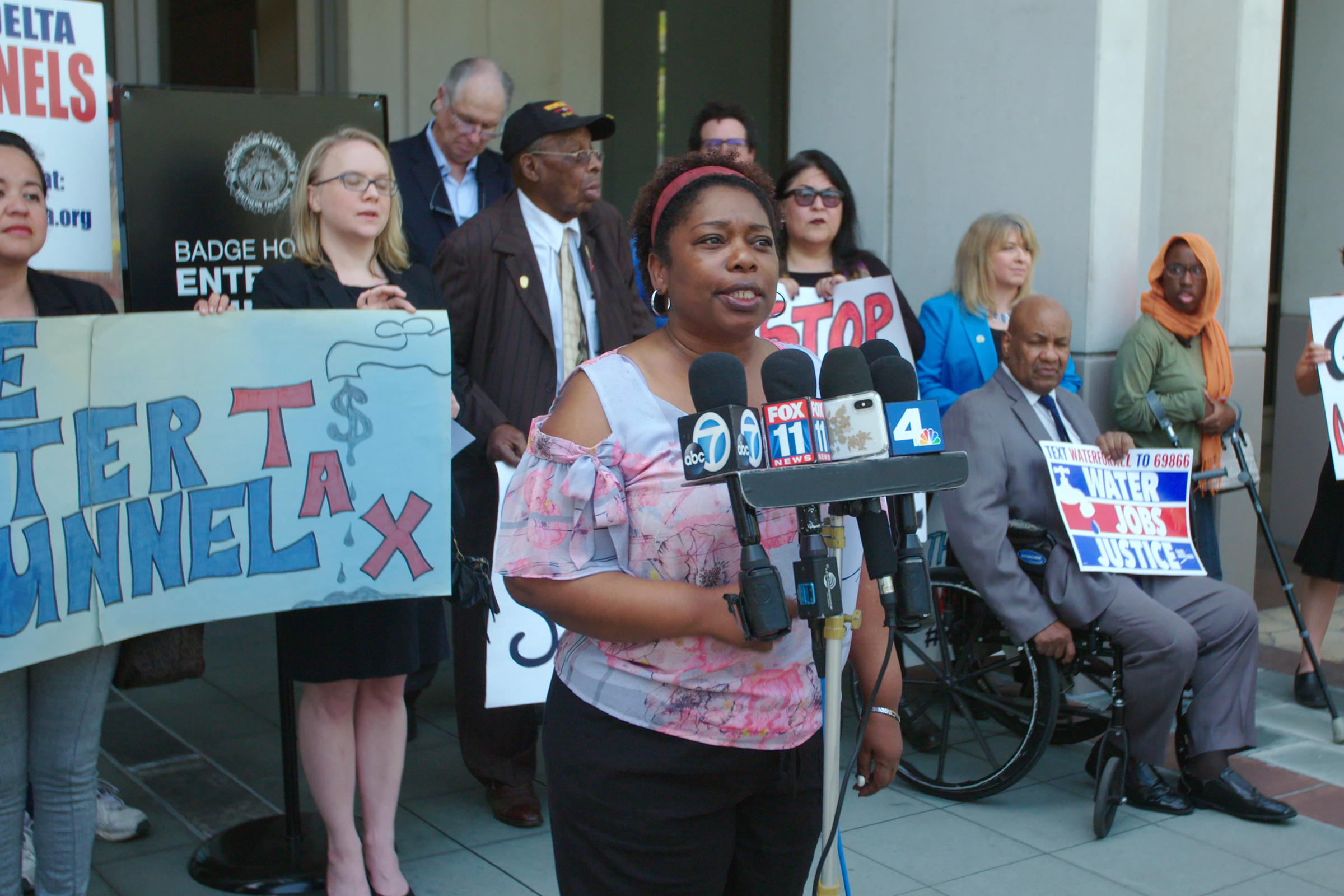
Was there ever a point when you were like, Our film is going to be worthless because they’re totally going to fix these problems, and we’re going to be fine, and we’re going to stop exporting pistachios. We don’t even need to make a film. We’re good.
Well, what is interesting is that one of the main takeaways I’ve had in making this film is actually [observing] how little these issues have changed. They’re planting more and more almond trees every day, and that’s still happening. At that time, there was a process on-going with state water boards with scientists, and it was sort of proven that we need to leave 70% of water in our rivers, to basically not kill all the fish. And there’s this big process of, “Are we going to enforce that?” And we’re still in that same process today. Really nothing changes, and nothing changed for 10 years before that. In that way, I felt safe about what I covered in the film, because I felt, unfortunately, that it was unlikely that any of this was going to get fixed.
I don’t know how much longer we’ll continue on this path. It’s possible that enough people will never learn where their water comes from, or get engaged at, like, a bare minimum level, where there’s enough political will to do something. In which case maybe we’ll see salmon go extinct in California, and our rivers dry out. And then maybe that becomes a new normal, and no one cares. But I hope that’s not the case.
Did you get a sense of like, what needs to happen before the public is impelled to commit to political action?
I remember interviewing a farmer very, very early on in the process — someone in the Imperial Valley, and he was talking about, “Why are we wasting water to protect some two-inch fish, instead of getting water to people?” And I think that that is a common narrative and way of reframing this to benefit the agricultural industry. The reality is that there are lots of other people and industries that rely on those resources as well.
Some people may not care that we’re killing salmon. Maybe we care that there used to be 5,000 salmon boats, and now there’s like a couple hundred, because that industry has been decimated. And that has a real impact on people. Ultimately what people care most about is people.
I remember being at the San Francisco Bay, ready to film with a salmon fishermen, and as I’m walking along the Bay, I see a boat that’s half-submerged, underwater and sinking. I said to this guy, “What’s going on?” And he said, “Well, this guy that I used to fish with for a long time basically couldn’t do it anymore — he couldn’t catch enough salmon to have a livelihood — and he decided to basically drink himself to the bottom.”
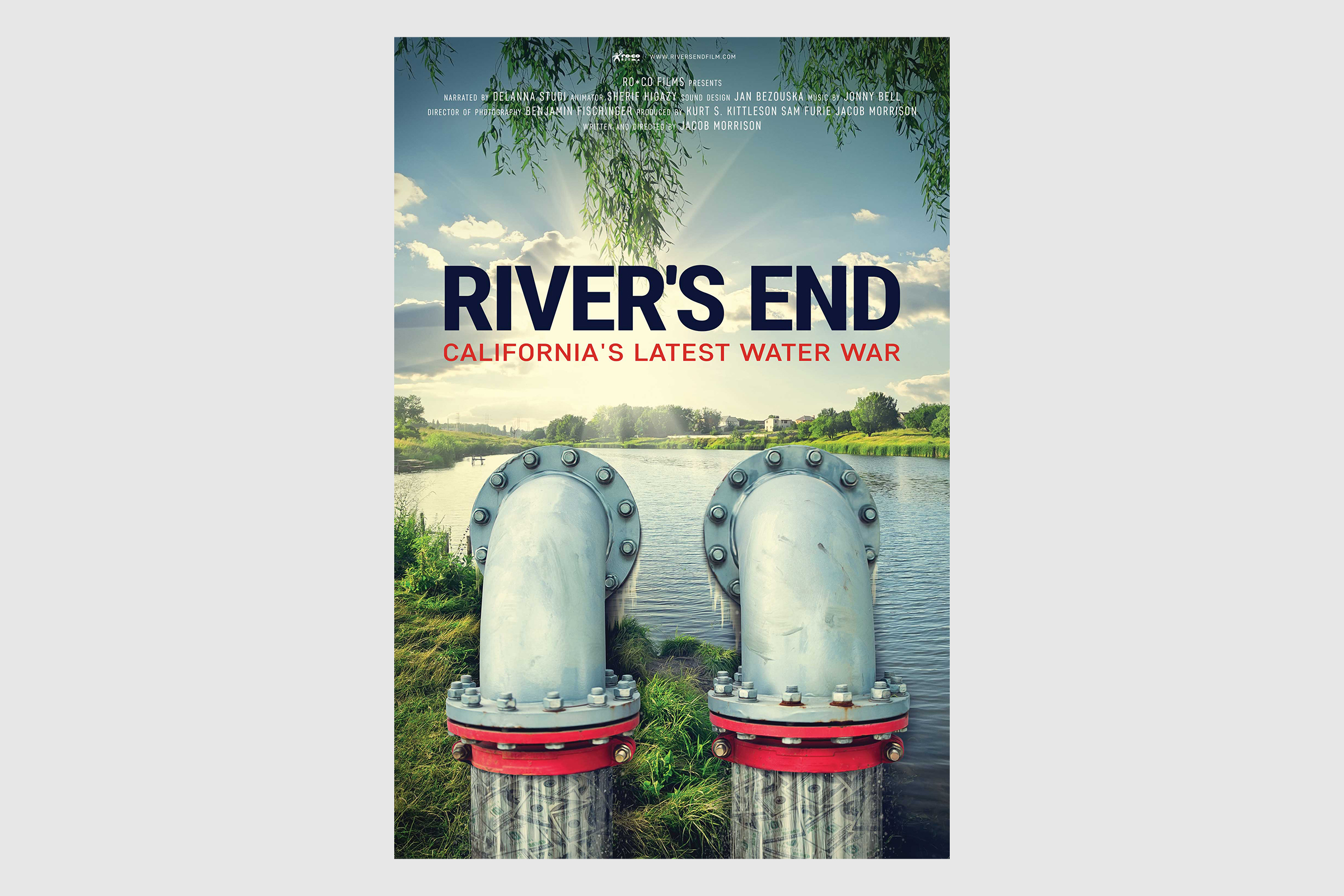
The obvious question is, are you hopeful? Is it all going to be okay, or are we going to live in Dune?
The thing is, there’s enough water to do all the things we want to do in California. Agriculture uses 80% of the water in the state and because a lot of that water use goes to things that we don’t need to do — like alfalfa, which is primarily cattle feed, uses 10% of the state’s water; that’s the same amount of water of all the outdoor landscaping in every city, combined. Almonds, pistachios and walnuts use more water than all of the cities in Los Angeles combined. There’s so many other crops that we grow — and of those crops I mentioned, a lot of it’s exported. We provide 80% of the almonds around the world, and we probably export more than 80% of our almonds. And again, that money goes to a select few people, and that money doesn’t go to the communities of the Central Valley, which are incredibly poor communities. The issue is really about water management, and if we could just say, “Okay, agriculture needs to scale back a certain amount, then everyone can kind of easily do everything you want to do and the fish and everything else can survive as well.” It’s very possible. We just have to not let capitalism and agriculture dominate policy.
This article was featured in the InsideHook SF newsletter. Sign up now for more from the Bay Area.
